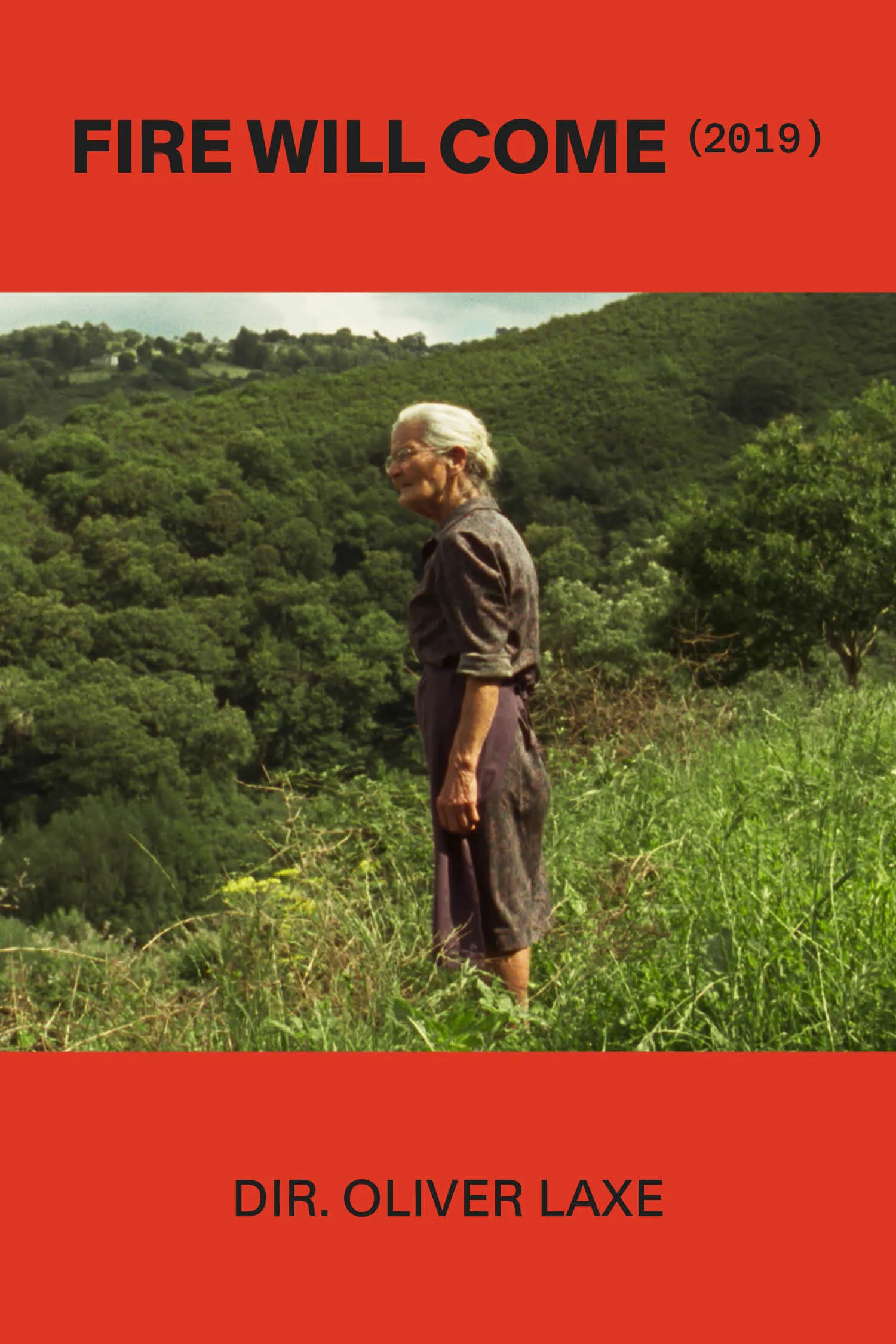Set Ablaze: Oliver Laxe
By Yonca Talu
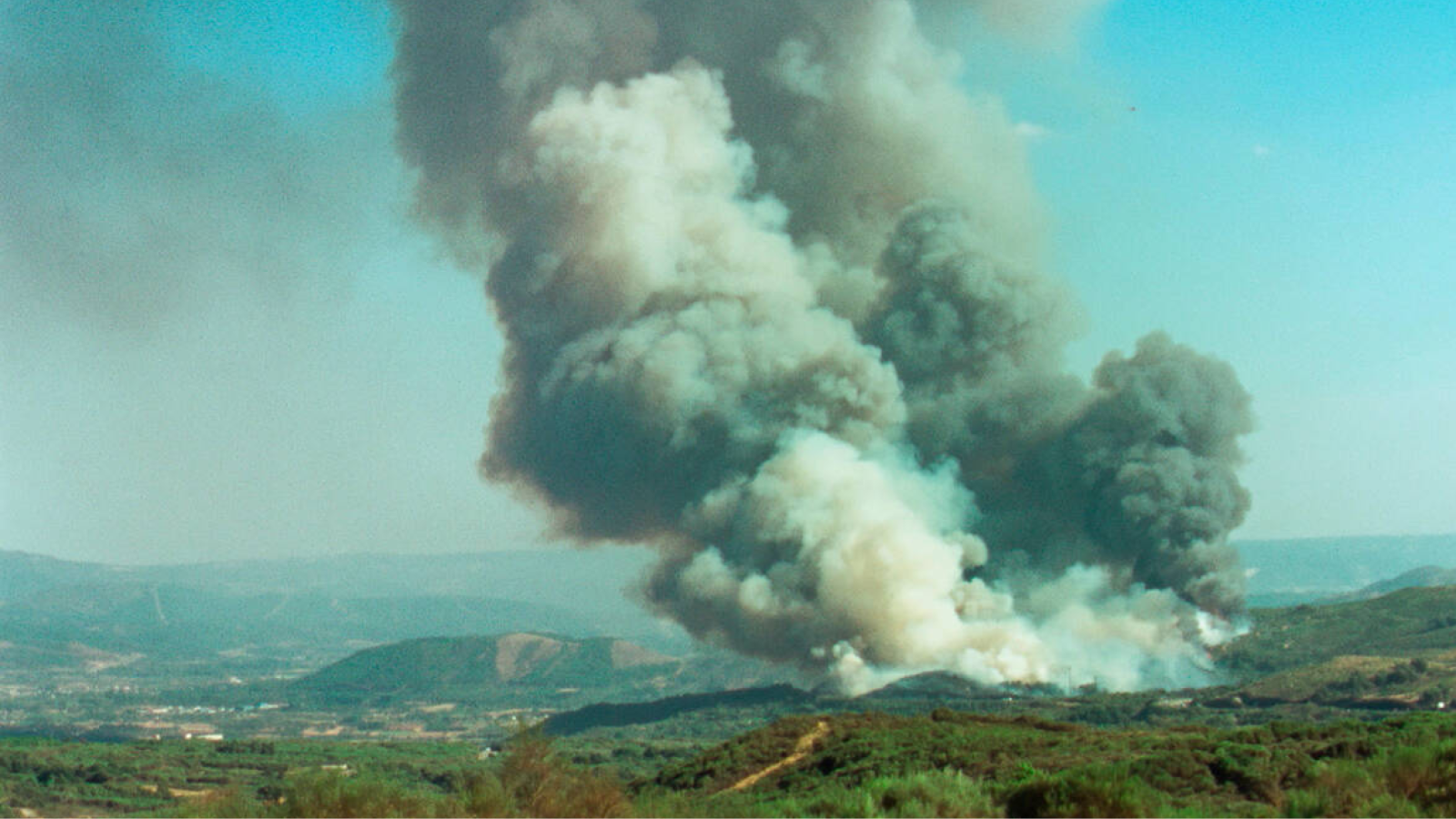
Fire Will Come, dir. Oliver Laxe, 2019
Set Ablaze
Fire Will Come director Oliver Laxe on the alchemy of wildfires, family and faith
By Yonca Talu
September 1, 2023
Paris-born Galician director Oliver Laxe burst on the scene with his Morocco-set films: the docufiction You All Are Captains (2010), in which he also starred, and Mimosas (2016), the intimate epic of a spiritually infused journey through the desert. For his third feature, Fire Will Come (2019), Laxe traveled back to his family’s village in the mountains of Galicia, Spain, where he spent most of his childhood and adolescence. Featuring nonprofessional actors and a mixture of reality and fiction, the film charts the story of Amador (Amador Arias), a middle-aged introvert who returns to his mother’s farm after serving a prison sentence for arson. Treated as an outsider and shunned by the villagers, Amador contents himself with leading a quiet life as a herder, but the threat of another fire looms over him and the countryside. Confidently directed by Laxe, Fire Will Come is a testament to the vulnerability of the natural world in contemporary times, but also to its enduring majesty. I had a virtual sit-down with the 41-year-old filmmaker to discuss the making of Fire Will Come and his process of capturing the universal through the local.
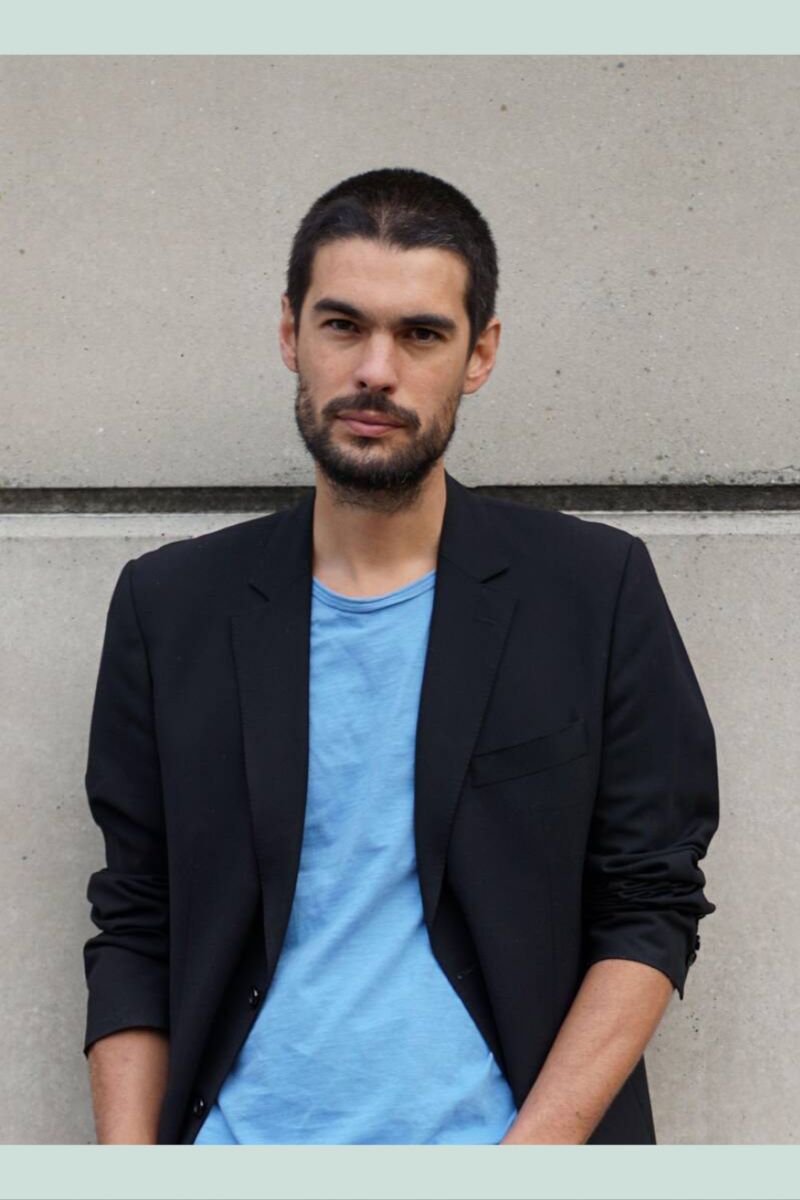
Oliver Laxe
When Fire Will Come came out in the U.S. in fall 2020, you were in the middle of converting your grandparents’ farmhouse in Lugo, Galicia, where the film was shot, into an artists’ residency. Is that currently up and running?
Yes, it is. I’m there right now. Can you see? [He picks up his laptop and shows me around the room.] This used to be the attic, and there was straw coming in from there for the animals. [He points the camera at the lush mountain landscape outside the window.] And that’s where we shot the film’s exteriors. I live here; this is my base. We built more bedrooms, of course, and we do a lot of workshops, from landscape gardening to tending sheep and goats. Last week we did one on agriculture. It’s a mixture of meditation and creativity—so much healthier than making films! [Laughs]
Did the process of writing Fire Will Come involve any retrospection? Were you inspired by your memories of growing up in rural Galicia and your observations of your grandparents’ rituals?
It didn’t involve much retrospection, because those rituals are present in me. I’m inhabited by the countryside—its smells, trees, stories—and my grandparents’ values of acceptance and detachment. It’s growing up in this valley that made me a filmmaker, and Fire Will Come was born from my desire to return home [after a decade of living in Morocco]. In that respect, my writing process with [co-writer] Santiago Fillol was pretty straightforward; the script went through very few drafts. One memory I drew on was a fire that happened in 1999 and reached as far as my grandparents’ house, which nearly burned down. The element of fire had been on my mind ever since. My starting point for the film was political because wildfires are a huge problem in Galicia. But it was also, and mainly, aesthetic: I really wanted to film fire, and more important, I wanted to film it at night.
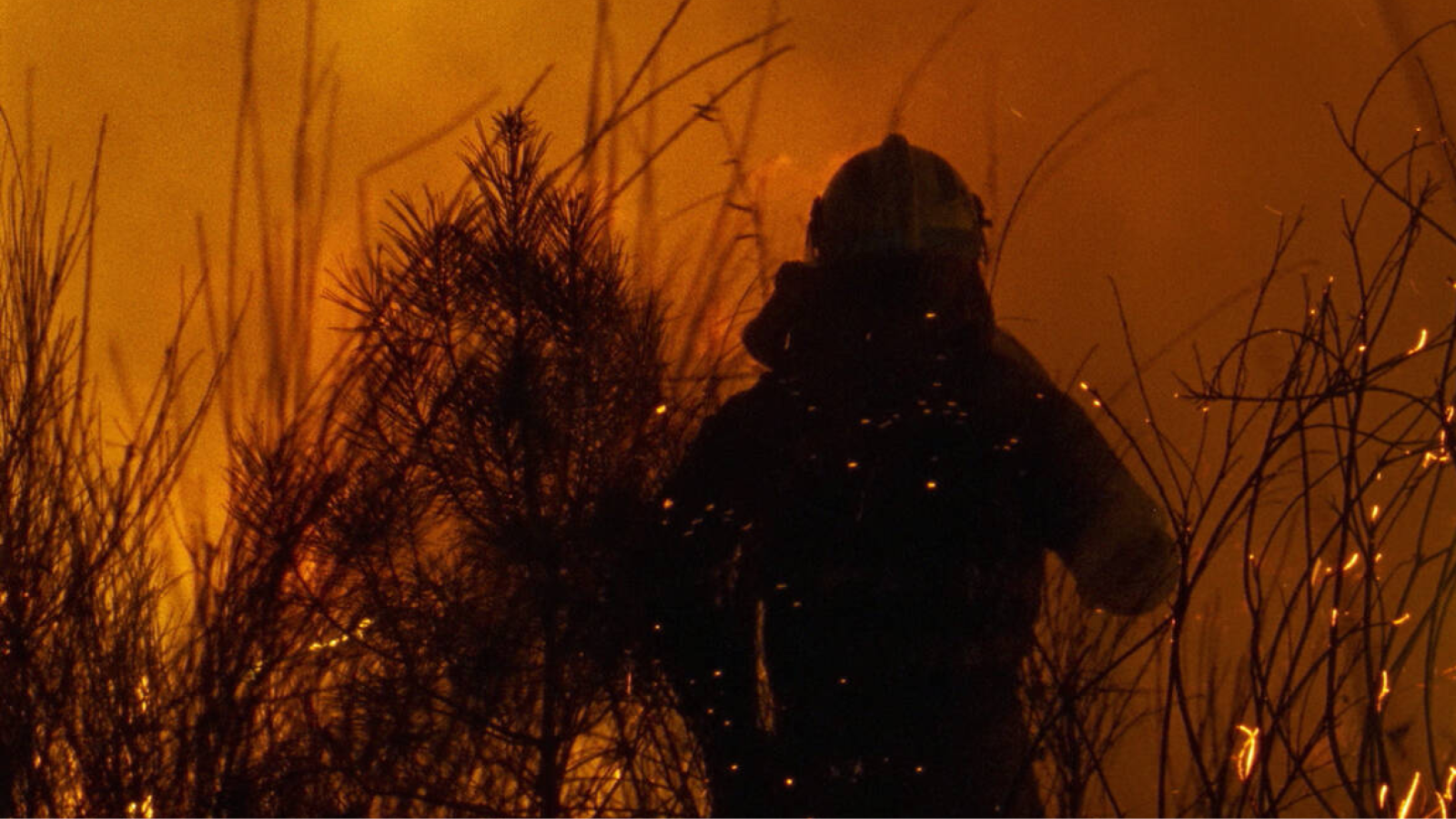
That’s an inherently cinematic image.
Yeah, it’s abstract, fascinating and hypnotic. Fire keeps drawing you back; you miss being around it. It’s quite mysterious. That was something my crew members and I felt when we were spending time with firefighters and filming actual wildfires in Galicia [for the movie’s climactic final act].
What was that experience like? How early did you start working with the firefighters?
We trained with them in 2017 and passed the firefighter exams. Then we documented several wildfires for two weeks. We shot Fire Will Come in 2018 and intended to film more wildfires, this time with the actors to wrap up the story. But that summer had the fewest wildfires in Galicia’s recent history, and there were none when we got around to shooting that sequence! We had 15 days to finish the film, we were running out of money and insurance, and everyone in the crew had to leave for other projects. It was as if the film were saying to us, ‘‘You want to tell a story about acceptance? Okay, let’s see if you know what that really means!’’
The film was putting you to the test.
Indeed. Beauty and life have rules, and it seems to me that when you make a film, you have to experience for yourself what you want to convey through it. In our case, we had to exercise faith and have the acceptance and detachment to say, ‘‘What’s going on here is beyond our grasp. It’s nerve-racking, but we must be patient.’’ Finally, two days before the end of the shoot, a wildfire broke out. And the paradox is that we wanted one to break out!
Cinema drives people to do odd things, like wishing for a wildfire.
[Laughs] In a single night, we were able to achieve the bare minimum in terms of narrative, which was to show the two young firemen we’d cast and [protagonists Amador and Benedicta’s] neighbors fighting the fire. In the editing, we combined those images with the documentary footage we’d shot of the 2017 wildfires.
What are some other moments in Fire Will Come that blend documentary and fiction?
Another example is the very ending. In the penultimate shot, which was a documentary one, a fireman is standing in profile with his helmet on. Then we hear the sound of a helicopter flying through the smoke. The fireman turns around to look at it, and the camera tilts up to show the helicopter circling around the sun. After we shot this, I said to myself, Let’s go further. In Galicia, helicopters are regularly flown for testing, so we convinced the authorities to lend us one for free. I wanted to get a close-up of the helicopter hovering in front of the sun, which became the film’s final shot. If you ask me what that image means, I have no idea, but I hope the story moves the audience enough that by the end they are no longer inside their heads [i.e., intellectualizing what they see]. That’s the moment when images can enter the human metabolism, which is what I tried to do in this film—to create images that will accompany the viewer as long as possible.
The film’s prologue also epitomizes what you just said about images that become embedded in the audience’s mind.
That sequence of bulldozers eating up a eucalyptus forest was, along with the fire, the film’s most radical gesture. It’s an image that was latent in me, and I realized that it could fit into this project. We spent four days filming the sequence, which lasts only two minutes. From a production standpoint, it wasn’t reasonable at all. But I was surrounded by producers who understood that this was an essential scene despite the fact that it had no narrative relation to the rest of the film. I think it’s the most intimate sequence I’ve ever directed—it was supposed to convey some kind of internal rage. But at the end, when the bulldozers come across that noble-looking, centenarian eucalyptus, the mood turns into something more ethereal and serene.
‘‘TWO DAYS BEFORE THE END OF THE SHOOT,
A WILDFIRE BROKE OUT.
AND THE PARADOX IS THAT
WE WANTED ONE
TO BREAK OUT!’’
Eucalyptus trees later reappear in Fire Will Come as the subject of a conversation between Amador and his mother, Benedicta. While Amador insists on the menace they represent for other plants, Benedicta concludes with this poignant line, ‘‘If they hurt others, it’s because they hurt, too.’’
I didn’t want to demonize the eucalyptus. One of the film’s themes is forgiveness and mercy, and that line articulates it well: We must end the chain reaction of suffering. We shot that sequence very precisely, and all the silent pauses, including the one before Benedicta’s last line, were carefully rehearsed. But the actors [Amador Arias and Benedicta Sánchez, who share their characters’ first names] were free to inhabit the scene and say the lines with their own words. Amador used to be a forester. He worked for the Galician government and watched over nature, fishermen, hunters. He’s also from the countryside and has the most beautiful way of speaking Galician. His dialogue was rather neutral on paper, but he filled it with evocative images, like when he compares the interwoven eucalyptus roots to ‘‘an old bag of potatoes.’’ As for Benedicta, she has a very interesting sense of humor for an octogenarian woman. She’d improvise and say things like, ‘‘So where do these eucalyptus trees come from? Another planet?’’ [Laughs]

From left: Amador (Amador Arias) and Benedicta (Benedicta Sánchez) in Fire Will Come
Amador Arias’s reserved, introverted performance in the film is commendable for a nonprofessional actor. How much direction did you give him?
Amador is an introvert himself, so it was easy to depict him as he is. He shares many of his character’s traits. He’s shy, elegant and laconic. He has a beautiful silence and a good balance of masculine and feminine energies. He belongs to another era and embodies an alternative rural masculinity. In the film, we see his character interacting with animals and taking care of his 85-year-old mother. How many of us would be capable of doing that? I’m very fond of the Amador character and wish I had his qualities.
What about Benedicta Sánchez? How did you tackle her character?
I had the opposite process with Benedicta, who’s very different from the character I had written. She’s very talkative and doesn’t have an energy of acceptance. She’d also done some amateur theater and kept overacting. So I would tell her, ‘‘You mustn’t be a chicken; you must be an eagle.’’ I wanted her to be like people from my family, who had the serenity of the countryside and a superior way of being. She and I worked a lot to get there. We moved away from her personality, but curiously enough, I believe we captured her essence in the film.
What distinction do you make between personality and essence?
Personality is a veil that covers the essence. The word comes from the Latin persona, which refers to the mask worn by actors in ancient Greek theater. Personality is a role, a fiction; it’s not someone’s real voice. We live in an era that sings the praises of personality, but I hope that Fire Will Come touches something essential in the audience and awakens them a little bit to themselves.
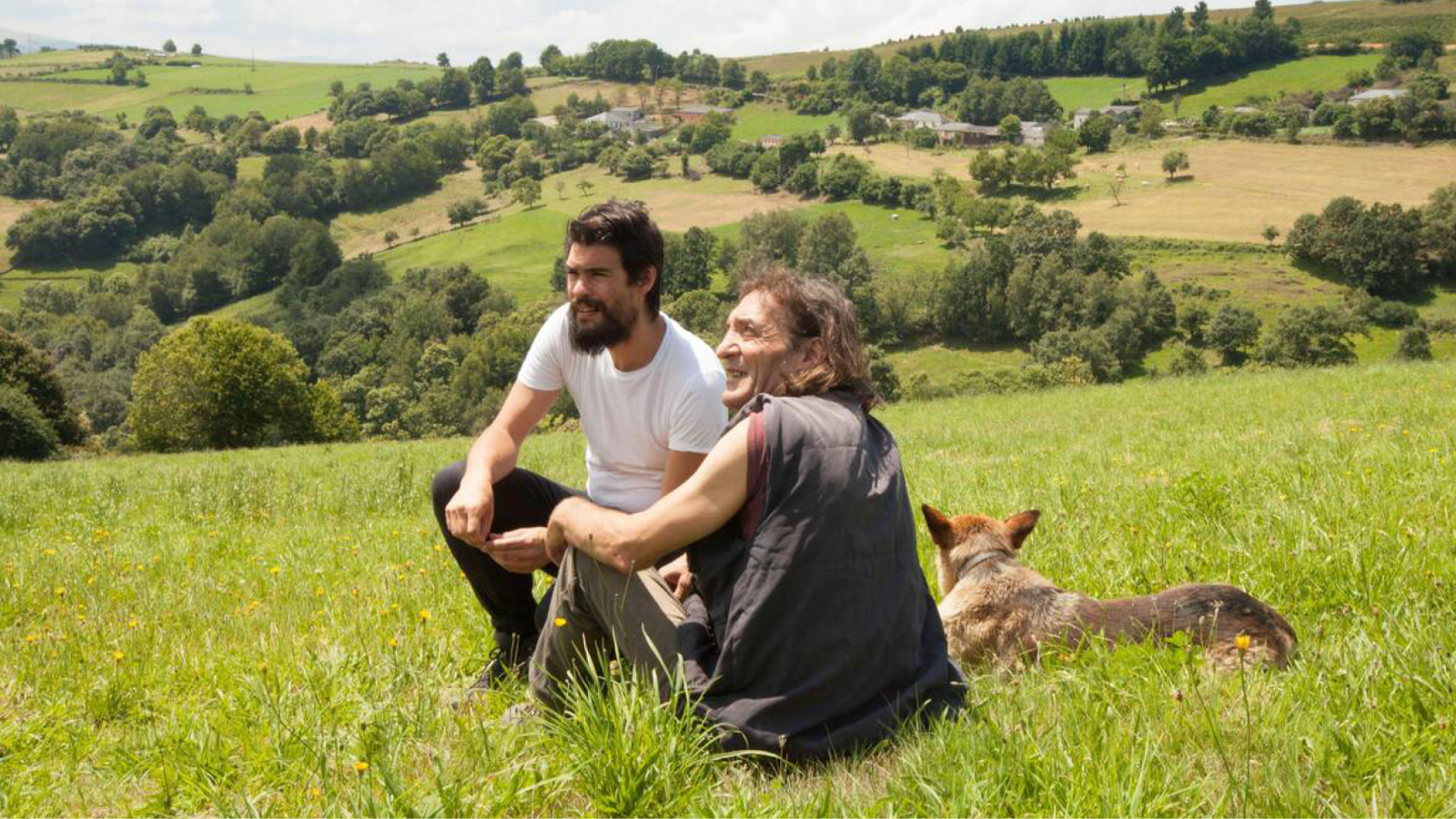
Oliver Laxe and Amador Arias on the set of Fire Will Come
Fire Will Come is punctuated by three pieces of music—by Vivaldi, Leonard Cohen and contemporary Austrian composer Georg Friedrich Haas—which complement the images in a powerful way. Did you always intend to use these songs in the film?
I always intended to use the Haas song [‘‘Konzert für Posaune und Orchester,’’ aka ‘‘Trombone Concerto’’]. When I was writing the script, I would listen to it and relish the ethereal, transcendental sound of the wind instruments. It was a springboard to imagine the film. On the other hand, I had a lot of doubts about using Leonard Cohen’s ‘‘Suzanne.’’ It’s a very well-known song that’s charged with connotations for everyone, and I was afraid that the audience would be cynical about hearing it in a boy-meets-girl scene [i.e., the car ride between Amador and his love interest, veterinarian Elena]. I started out by thinking of ’80s Spanish rock songs. But then I realized that I needed a song in English, something Amador couldn’t understand, because I really wanted Elena to say, ‘‘You don’t need to understand the lyrics to like the music.’’ That’s always been my own unconscious attitude toward music. I never listen to the lyrics; my brain doesn’t work that way. I’m more into the flavor of music, the geometry of sounds and the rhythms.
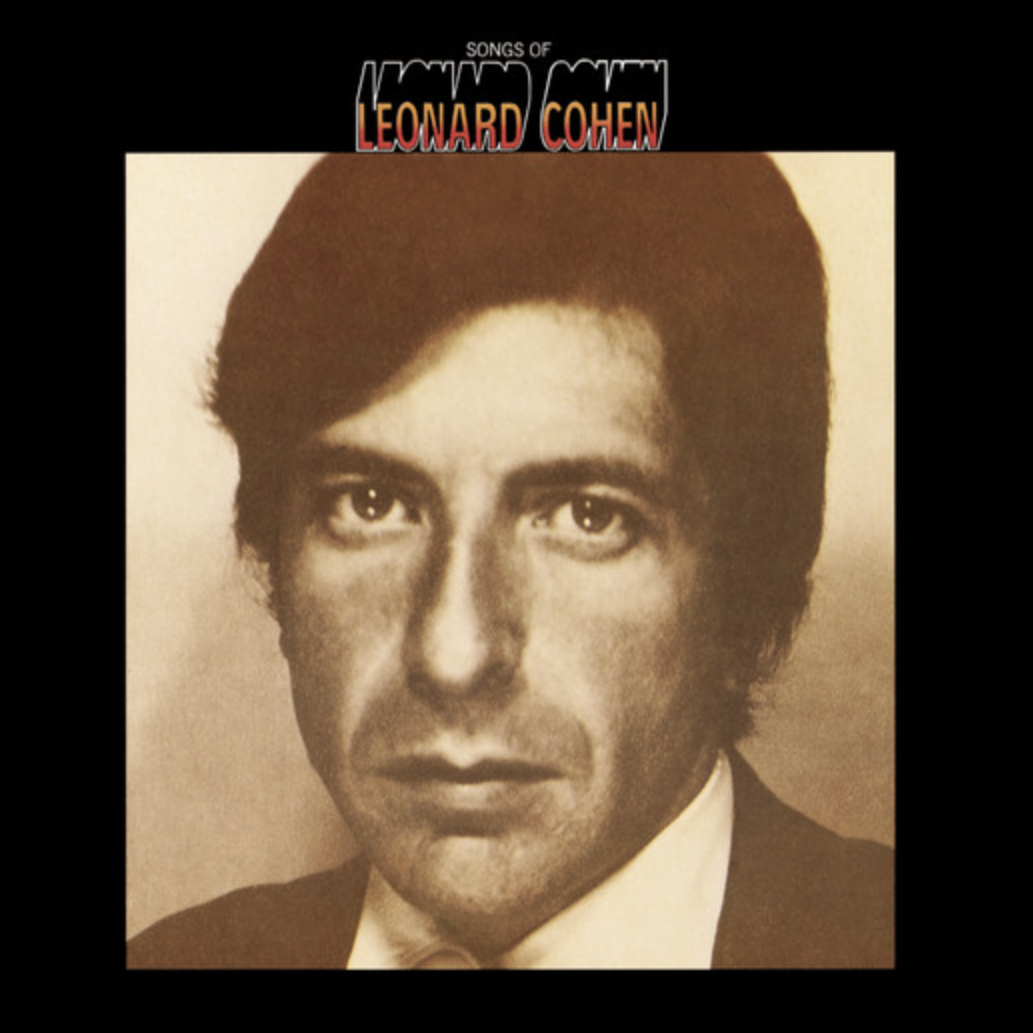
Songs of Leonard Cohen
Is that what attracted you to Vivaldi’s music?
It was actually in the editing that we picked the Vivaldi song [‘‘Cum dederit,’’ from the cantata Nisi Dominus]. I initially wanted to use songs by [’80s avant-garde performer] Klaus Nomi, but we couldn’t get the rights. I even wanted to include archival images of Nomi and create a dialogue between him and Amador in Fire Will Come. But I gave up that idea because it would have caused too many questions. The viewer would have been in a state of negative stupefaction, like, ‘‘The film is trying to tell me something I don’t understand, which upsets me.’’ I prefer it when the stupefaction is positive, meaning, ‘‘I don’t understand, but I feel something. So I can let myself go.’’ I wanted to make a film for my region, Galicia, and speak to an audience that’s neither cinephile nor familiar with Leonard Cohen and Klaus Nomi.
Translated from French by Yonca Talu
